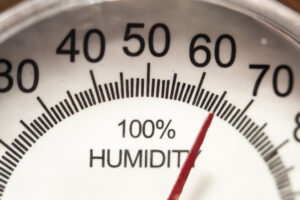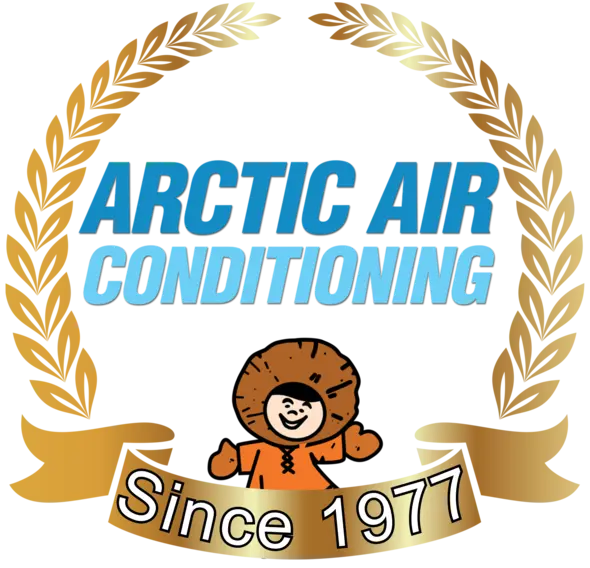How to Fix a Frozen Air Conditioner
Your AC is an important part of your home—especially as things start heating up in New Jersey! So, when something goes wrong with your system, it can have a big impact on your day-to-day life. One of the more common causes of AC failure is ice. We’re not talking about a winter wonderland, we mean a frozen air conditioner—this is something that can go from a minor inconvenience to a major problem very quickly if not addressed. That’s why Arctic Air Conditioning is here to help you figure out how to diagnose the cause of your frozen air conditioner and what you can do to fix it!
Before we get started, let’s take a look at the top three reasons why your AC could freeze over:
- Poor airflow – Limited airflow can be caused by many things, but most often the culprits are clogged, dirty air filters and poorly sized ducts. Dirty air filters block the flow of air through your ducts and evaporator (the portion of your AC that is inside the house), and can cause the temperatures in your air conditioner to drop below freezing, resulting in frozen evaporator coils and a nonfunctioning AC. Poorly sized ducts are equally problematic when it comes to proper airflow in your home. Air ducts that are too big are unable to adequately push the air through your home while undersized ducts can’t circulate enough air—much like trying to breathe through a straw.
- Low refrigerant – The balance of your refrigerant needs to be perfect in order for you air conditioner to work efficiently—or at all. When your refrigerant levels are incorrect (due to a leak or some other factor) you could be left with a frozen air conditioner.
- Thermostat temperature – The refrigerant running through your evaporator coils is approximately 40 F, so if you turn the temperature down too long on your thermostat, you could be subjecting your evaporator coils to temperatures well below freezing.
Diagnose and Fix Your Frozen Air Conditioner
Now that you know the three most likely causes for your frozen air conditioner, you can start determining which one it is. The first thing you should do, though, is turn off your air conditioner. This will give your AC a chance to thaw out and reduce the risk of damage to your system—we recommend laying down a few towels around your air conditioner to soak up any water.
The next thing you should do is check your air filters—if they look dirty or clogged, it’s time to replace them! Generally, your air filters should be changed every one to three months, depending on how often you’re running your air conditioner. After your AC has completely thawed, try turning it back on and see if changing the air filters helped. If after a few hours you’re still dealing with a frozen air conditioner, it’s time to move onto the next step, which is checking your thermostat temperature.
Make it a habit to never set your thermostat much below 70-72 degrees because when you do, the refrigerant in your evaporator can reach levels below freezing. If your thermostat is set too low, try turning up the temperature and waiting—if your AC doesn’t freeze again, then you’re all set!
If neither of these home remedies fix you frozen air conditioner, it’s time to call an HVAC professional because your problem is most likely stemming from a lack of refrigerant, poorly sized ducts, or some other faulty part (such as a broken blower fan). One of the air conditioning experts at Arctic Air Conditioning can come out and diagnose the cause of your frozen evaporator coils and help determine the best course of action to get things running smoothly again.
When you need air conditioning service in New Jersey, contact Arctic Air Conditioning! We can help you with your frozen air conditioner so you don’t have to suffer through the heat!







